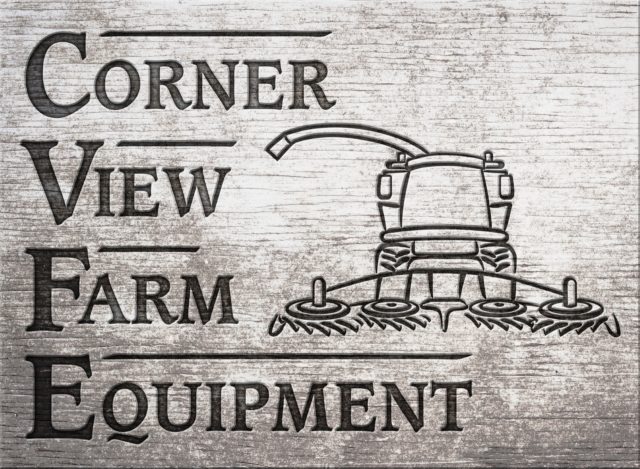Their goal was to make 4,500 bales with one tractor-steamer-baler combination in the allotted time frame, but instead they achieved an impressive 4,648 bales.
Justin McArthur, media relations coordinator for Staheli West in Cedar City, Utah, said the company worked with four local farmers to find enough hay to bale for the challenge.
Starting at 12:20 p.m. on a Wednesday in June, the temperature reached 90 degrees with 10 to 30 mile-an-hour winds. Throughout the first night, there was no dew and humidity percentages were in the single digits.
McArthur says, “By Thursday, the reality of baling for 72 hours started to sink in. In order to keep things running smoothly, a pit crew was needed. This included keeping water and fuel tanks full, the baler full of twine and blowing off the steamer and baler every few hours to ensure crucial parts were kept clean and greased. The importance of having quick pit stops was reinforced when at the 24-hour mark they were only 10 bales ahead of the necessary pace.”
Operators took 10 to 12 hour shifts to keep the single baler running and reached 2,998 bales at the 48-hour mark. Just 2 hours and 20 minutes before the deadline, bale number 4,500 hit the ground. Crews kept running until exactly 72 hours after the starting time, when the final bale count reached 4,648.
The first steamer was built by Dave Staheli in 1995, with improvements and developments over the years. FG
–From Staheli West news release
PHOTO
Alturas Ranches in northern California is in their second season using the Dewpoint steamer. Photo by FG staff.










